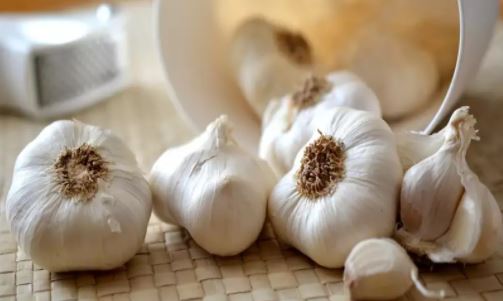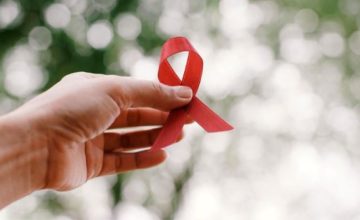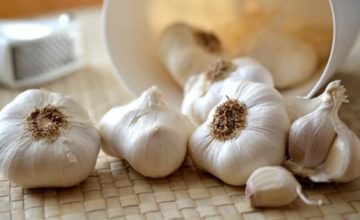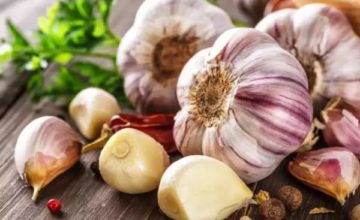
Why take garlic?
Studies show that substances found in garlic have many health benefits. They are thought to:
- Have antioxidant effects, which means they help protect your body from damaging molecules called free radicals
- Fight inflammation
- Help protect against bacteria and fungi
- Support your immune system
- Help keep your heart healthy
One reason some people on HIV drugs are interested in garlic is that some early studies showed it might help lower cholesterol levels. Some HIV medicines can raise your cholesterol, so that’s a concern. But later research found that garlic didn’t affect cholesterol.
Instead of garlic, experts suggest that you consider different HIV drugs. Also, use well-known lifestyle strategies to lower your cholesterol: Get to and stay at a healthy weight, exercise regularly, and eat right. To keep cholesterol in check:
- Avoid saturated and trans fats.
- Limit foods high in cholesterol.
- Get plenty of soluble fiber (the kind in oatmeal, apples, and beans).
- Eat lots of fruit and veggies.
- Eat fish high in omega-3 fatty acids, like salmon and tuna.
- Limit salt.
- Limit alcohol.
Conflicting research on garlic
The study that found garlic lowered blood levels of saquinavir was published in 2002. Since then, other researchers have explored the possible link between garlic and HIV medicines. Here’s what some of them found:
- A 2005 review study noted that garlic may interact with HIV drugs.
- A 2006 study put garlic on a list of several herbal medicines that could affect some HIV drugs.
- In a 2012 study of 77 HIV-infected women, researchers found that, at least in the short term, garlic supplements did not make antiretroviral drugs less effective.
- A 2012 review study found that the risk of garlic supplements interfering with common HIV medicines is probably low.
- A detailed review that same year backed that idea that garlic supplements probably have little impact on antiretrovirals.
- A 2017 review again singled out garlic for its potential to lower levels of antiretrovirals in your blood.
Garlic in food
If you have HIV, it’s especially important to eat a healthy diet. Good nutrition supports your immune system, lets you maintain a healthy weight, and helps you absorb HIV medicines. Try to eat a variety of fruits, vegetables, grains, healthy proteins, and dairy products.
Don’t worry if you sometimes include garlic in cooking. But think twice before you regularly eat a lot of it in hopes that it will make you healthier. One case in the medical literature suggested that eating multiple cloves of garlic several days a week could interfere with HIV treatment.
Bottom line
The study that changed the way we look at garlic supplements and HIV medications wasn’t ideal. The results were based on blood samples from just nine people. Also, it only looked at the effects on saquinavir. The drug is usually prescribed in combination with others. We don’t know whether garlic supplements could affect multiple drugs for HIV.
That said, garlic supplements are thought to carry some risk for people using antiretrovirals, although that risk is probably low. Ask your doctor what your options are — and what the pros and cons could be for you.




